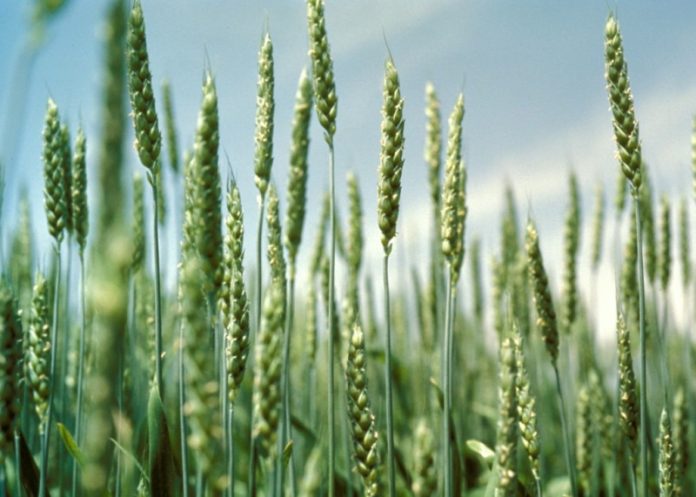In different areas across the country, hybrid wheat from China has been successfully grown and is likely to be introduced in other Belt and Road Initiative (BRI) countries as well.
China’s biggest agricultural inputs company, Sinochem Group Agriculture Division’s Song Weibo told the Global Times on Tuesday that the company’s hybrid wheat has been harvested on a large scale in Pakistan using the two-line hybrid technique.
According to Song, the company is also looking to promote hybrid wheat in North America and Europe.
Citing data from the University of Agriculture in Peshawar, an expert from the Beijing Academy of Agricultural and Forestry Sciences (BAAFS) said that Pakistan has increased wheat production in the north by 50.1 per cent in the last two years.
According to data from Pakistan-based Guard Agricultural Research and Services Company shows that during the same period, wheat production in the country’s middle regions has increased by 45 per cent.
Analysts hailed the project as an example of China’s commitment to transfer advanced technologies and promote regional development in the framework of the BRI
China is promoting domestically developed hybrid wheat for commercial purposes. The two-line hybrid technique is often used in hybrid rice and wheat and can increase wheat production by 20 per cent.
Hybrid wheat, which was developed by BAAFS’ Engineering Research Center for Hybrid Wheat in 1992 has been proven to outperform standard wheat in terms of yield, water usage and resistance to disease.
Song said Sinochem has sent many experts to Pakistan to teach local farmers how to plant the wheat. “Around 150 experts have been sent to Pakistan, where they visited over 20 cities,” Song said.
University of Agriculture Peshawar’s professor Muhammad Arif said that no one has achieved China’s level of success in hybrid wheat, although the world has been studying hybrid it.
With the help from Chinese experts, the technique could yield around 6,000 kg’s per hectare, twice that of local wheat production, Arif said, adding it could free up land for other agriculture products.
Shanghai Institute for the International Studies Center for Asia-Pacific Studies Director, Zhao Gancheng said the project could help Pakistan ensure food security and also promote China-Pakistan ties.




